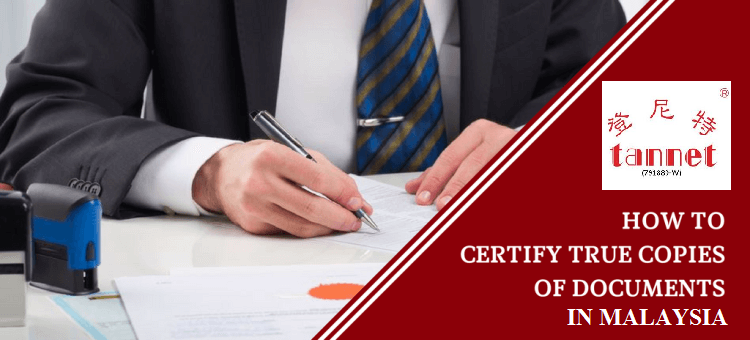Malaysia Hotline: +603-2141 8908
It
is often confusing as to whether you need a Notary Public or Commissioner for
Oaths particularly when you need some documents certified. It all depends upon
the nature and purpose of the documents you need certified and the country in
which the documents are required. The following guide will brief you about the
differences of Notary Public or Commissioner for Oaths and their duties.
1. What is Notary Public?
(a) Notary Public is a public
official who is recognized and authorized by government to perform specific duties
such as confirmation, oath or guarantee, witness
signature, or approval document.
(b) In Malaysia, the powers of
Notaries Public are governed by the Notaries Public Act 1959. Section 4 of the
Act says:
·
Witnessing/ attesting any
official documents intended for overseas use;
·
The administration of oaths
intended for overseas use;
·
Affirmations of affidavits and
statutory declarations intended for overseas use:-
Ø In
respect of any courts matters;
Ø For
proving due execution of any document;
Ø For
matters pertaining to a sea vessel.
(c) A Malaysian notary public’s
powers do not extend to administering or affirming any affidavit or statutory
declaration which is executed for the purpose of being used in any court or
place in Malaysia, or to take or attest any such affidavit or statutory
declaration. (Instead, the services of a Commissioner for Oaths should be
sought.)

2. What is Commissioner for
Oaths?
(a) A Commissioner for Oaths is a
person appointed by the Chief Justice of the Federal Court, under section 11(1)
of the Court of Judicature Act 1964, and the Commissioner for Oaths Rules 2018.
(b) A Commissioner for Oaths
primarily administers oaths or affirmations to a person making an affidavit,
statutory declaration or other legal document, which are to be used within
Malaysia.
(c) What a Commissioner for Oaths
will do for you.
i. Witness Your Signature
A Commissioner for Oaths witnesses what
you sign. He ensures that you sign it in person. Those who see his stamp have
peace of mind.
ii. Read The Document
A Commissioner for Oaths has to read the
document to ensure that it is something that you can sign.
iii. Check If You Understand
A Commissioner for Oaths will ask you if
you understand what you are signing.
(d) A Commissioners for Oaths are
required to take a few precautionary measures stated in Rule 11 of the
Commissioners for Oaths Rules. They’ve got to make sure that you understand
every statement made in the document, and the consequences of you signing it.
If you don’t, it’s part of their duty to read over and explain the documents to
you.
To
put it very simply, a Notary Public attests documents or sworn statements for
foreign use (outside Malaysia) and a Commissioner for Oaths does the same but
the use of the same is only for Malaysia.
If
you need some documents authenticated where the transaction and the assets are
all here in England or Wales then a solicitor empowered to Commission Oaths
will be fine, but if any part of the transaction involves an overseas element
then you should probably be using a Notary Public.
For further enquiries, please feel free to call the Tannet Service Hotline at 603-2141 8908 or email tannetmy@gmail.com. Malaysia Company Address: Unit 6.06, Level 6, Amoda 22, Jalan Imbi 55100 Kuala Lumpur.